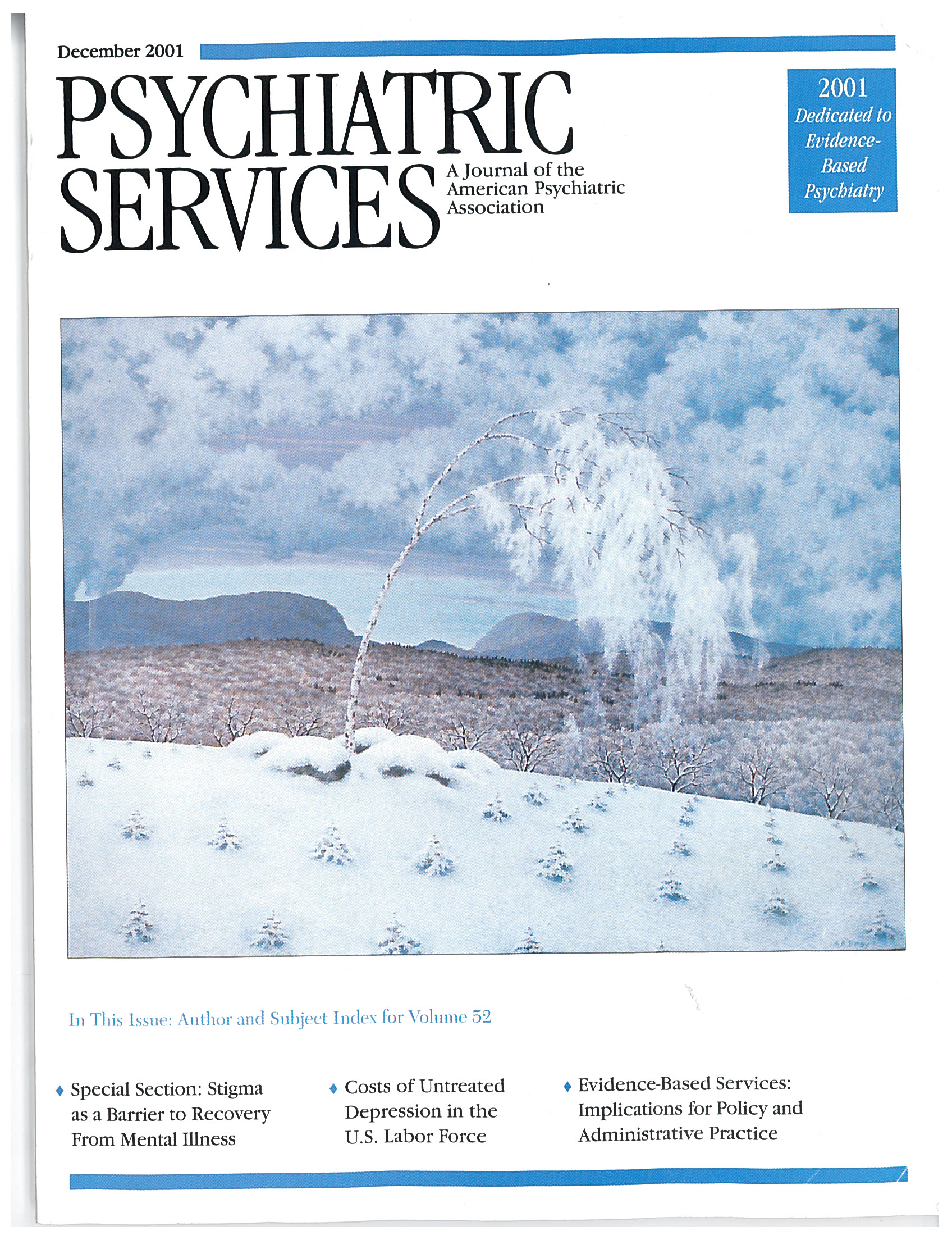The Heroic Client: Doing Client-Directed, Outcome-Informed Therapy
The aim of this book is to urge both mental health clinicians and persons receiving treatment to step back and examine how the client is marginalized in today's system of managed care. The authors, both psychologists, have devoted their careers to working as educators, trainers, authors, and therapists. Together they founded the Institute for the Study of Therapeutic Change, a private group of clinicians and researchers dedicated to studying "what works" in treatment.
The book opens with a chapter on challenges to clinical practice in the 21st century. The authors then look critically at the "mythology" of mental health and challenge the myths of the magic pill, psychiatric diagnosis, and the guru therapist. They ask mental health professionals to examine their work and the outside influences that affect their practice and beliefs and to develop an approach that extends beyond the limits of the medical model. They encourage clients to be active in the treatment relationship by questioning, challenging, and reviewing treatment goals and outcome. Using an approach based on clinical research and field-tested experience, the authors lead readers on a search for meaning and effectiveness in treatment that is always centered on the client.
How is it that psychiatrists, psychologists, social workers, family therapists, and others who provide mental health support and treatment lose sight of the human being behind the symptoms? One datum the authors offer is that the number of categories in the American Psychiatric Association's DSM jumped from 66 in the first edition to 286 in the fourth edition. With so many categories available, it has become easier for the client to become identified by a label, which all too often then dominates discussion and direction in treatment. Given the time-limited treatment and brief sessions covered by payers, little time is available for the client to disagree or debate with the professional's formulation and diagnosis. Thus we lose the human being and are left with treatment that is driven by diagnosis and by medication. The therapist and the client both lose when this happens.
Another point Duncan and Miller offer for consideration is the number of theories, techniques, and schools of therapy available to "apply to the person." The authors inform us that the number of available talk therapies has risen from 60 in the 1960s to more than 250 today. One can see in such growth a formula for leaning away from a focus on the client's resources, perceptions, and participation and toward DSM diagnosis and application of a treatment chosen by the practitioner.
The authors use case examples to describe ways to move from a largely medical model of care to one in which the client is at the center, taking an active role—client-directed rather than theory-directed change, using a relational rather than a medical model of change, focusing more on the desired outcome than on the services.
Some professionals might find The Heroic Client provocative because of the extent to which it calls into question the managed care structures within which they practice. Many who feel that they have been forced to accommodate to managed care systems may be skeptical that it is possible to give the client such a strong position in treatment. This book should provide all readers with hope, however. The authors illustrate many ways for the therapist and the client to work together toward effective and meaningful treatment.



